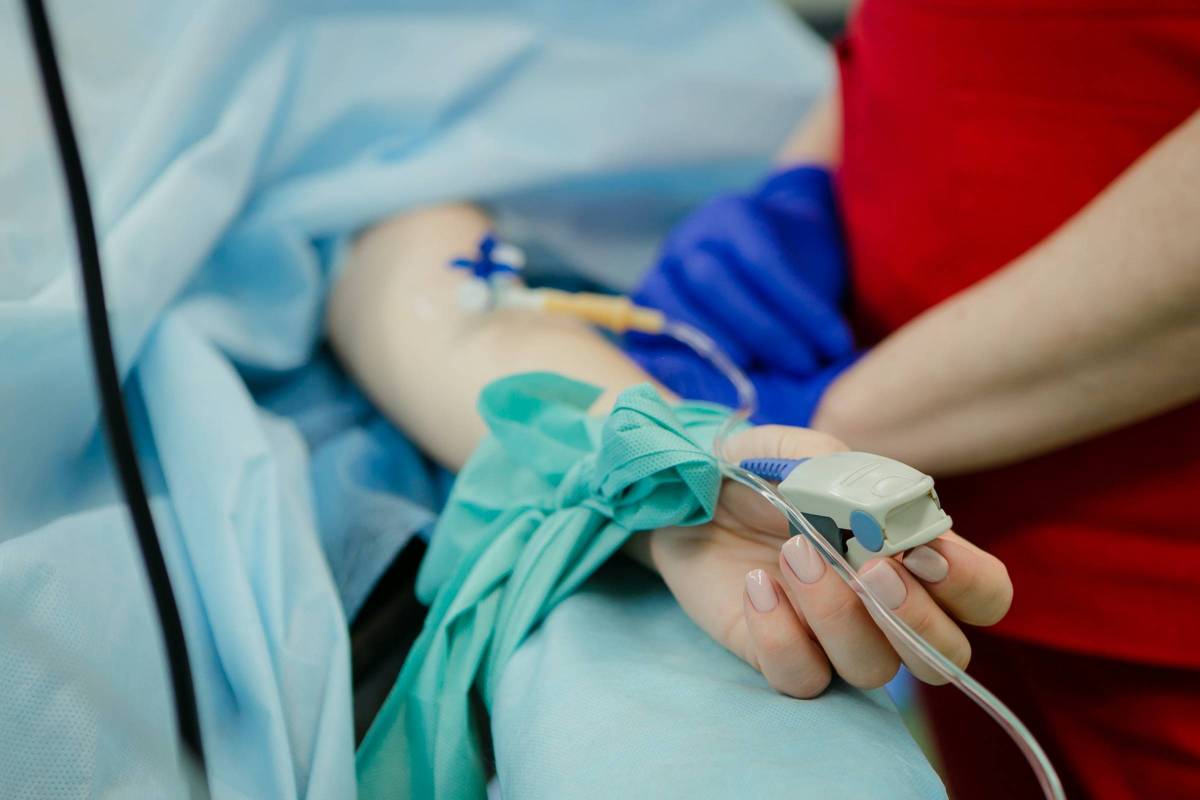The United Arab Emirates (UAE) Ministry of Health and Prevention (MoHAP) announced on May 29, 2021, the emergency use approval for the GSK Sotrovimab (Vir-7831) treatment.
GSK's Sotrovimab (VIR-7831, GSK4182136) is a fully human anti-SARS-CoV-2 monoclonal antibody with the potential to neutralize the SARS-CoV-2 coronavirus in vitro, kill infected cells, provide a high barrier to resistance, and achieve high concentrations in the lungs.
The UAE authorized Sotrovimab to treat patients aged 12 years or older with mild to moderate COVID-19 disease who are at risk of progression to hospitalization or death. In pre-clinical studies, Sotrovimab has demonstrated effectiveness as a monotherapy against widely circulating variants of the disease.
HE AbdulRahman bin Mohamad Al Owais, MoHAP, said in a press release, “The new medicine will greatly contribute to speeding up the recovery of patients, reducing Covid-19-related deaths and hospitalization period in intensive care units."
"It will also support the country’s efforts being made to conduct Covid-19 tests and administer vaccines, retaining its leading position among the world's foremost countries, dealing efficiently with the Covid-19 pandemic,” the minister said.
Additionally, the MoHAP announced on the 29th that it conducted 204,487 additional COVID-19 tests over the past 24 hours.
In a statement, the Ministry stressed its aim to continue expanding the nationwide testing scope to facilitate the early detection of coronavirus cases and carry out the necessary treatment. As part of its intensified testing campaign, MoHAP announced 1,812 new coronavirus cases, bringing the total number of recorded cases in the UAE to 567,263.
According to the Ministry, the infected individuals are from various nationalities, are in a stable condition, and receiving the necessary care.
The MoHAP also confirmed 5 deaths due to COVID-19 complications, bringing the total number of deaths in the country to 1,673 during the COVID-19 pandemic.













